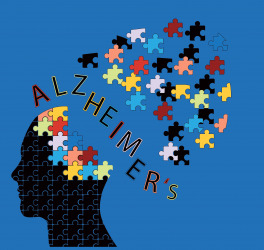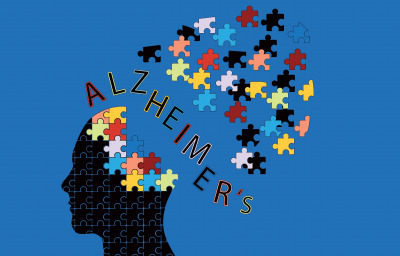
Gaze aversion, lack of emotional expression, repetitive body movements, or speaking in monologue tone can sway people’s judgement of another’s credibility and honesty – notably in the criminal justice system.
However, Flinders University psychology researchers warn these behaviours are also common in certain mental health and developmental conditions, making some individuals vulnerable to negative treatment in forensic settings.
Behaviours commonly perceived to indicate deception and low credibility were evaluated among almost 400 people who responded to online videos of actors being interviewed about their involvement in stealing money.
The Flinders researchers examined the effect of four behaviours – gaze aversion, repetitive body movements, monologuing, and flat (speech) affect – on judgements of deception and credibility.
“In each video, the actor was either instructed to display one of the four behaviours or not instructed to display any particular behaviour. Participants were then asked to provide ratings of perceived deception and credibility,” says lead researcher Dr Alliyza Lim, from the College of Education, Psychology and Social Work.
Even though emotional expression and body movements are not reliable indicators of truthfulness or credibility, people often believe that they are – including police officers, prosecutors and judges, she says.
“Our findings suggest that people who commonly display these behaviours may be unfairly evaluated in the criminal justice system,” says Dr Lim.
“Unfortunately, blunted affect and apathy are common among people with schizophrenia, depression and even Parkinson’s, and as a side-effect of psychotropic medications.”
Interview guidelines and awareness of mental health or developmental conditions are improving in forensic settings, says Flinders University Professor of Psychology Robyn Young.
“But more needs to be done to level the playing field for some people in the criminal justice system, which was highlighted by participants’ negative reactions to body movements, flat affect (showing no emotion), monologuing, and even lack of eye contact,” Professor Young says.
Straying from typical social norms and expectations might characterise individuals with mental health and neurodevelopmental conditions, and notably autism, Tourette’s syndrome and ADHD, adds senior author Emeritus Professor Neil Brewer.
“Individuals from culturally diverse backgrounds may also interpret unfamiliar questions and comments differently, possibly answering in ways that seem evasive to the questioner,” he says.
“How can those in the justice system and forensic settings negate the harmful consequences of violating social conventions?” he asks.
“How can we ensure that hard evidence, rather than unrelated factors, shape decisions?”
“These are critical questions – ones that demand answers.”








